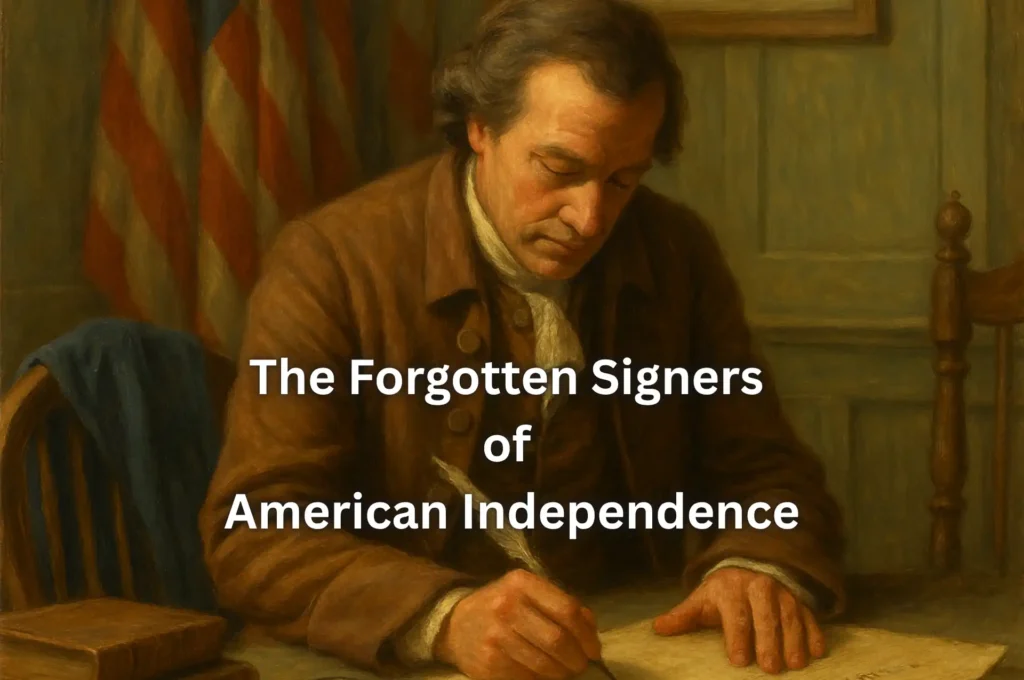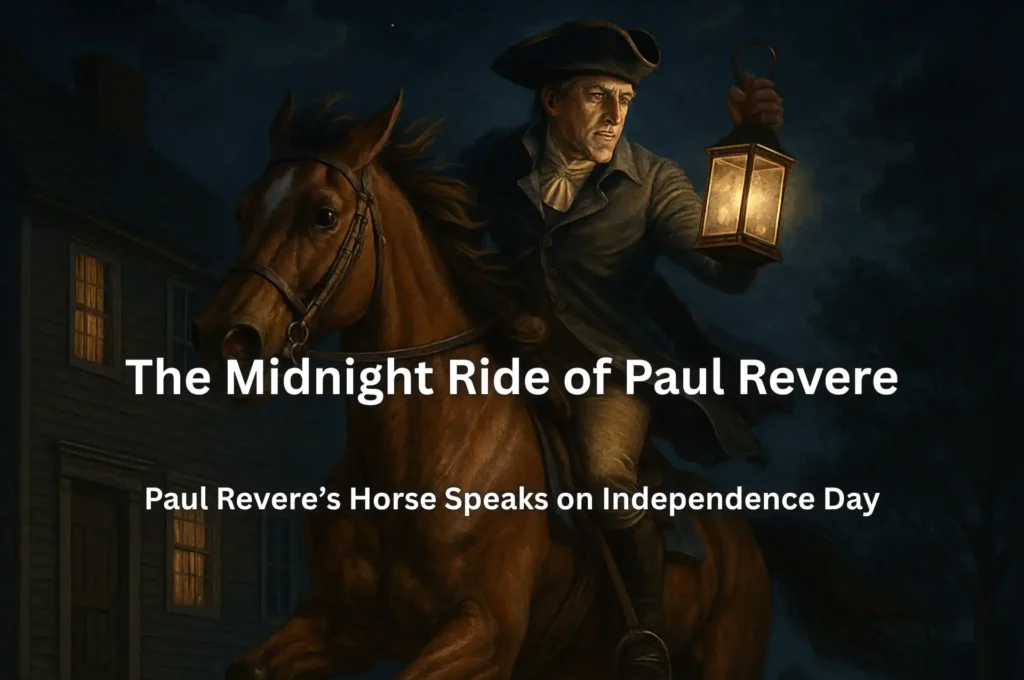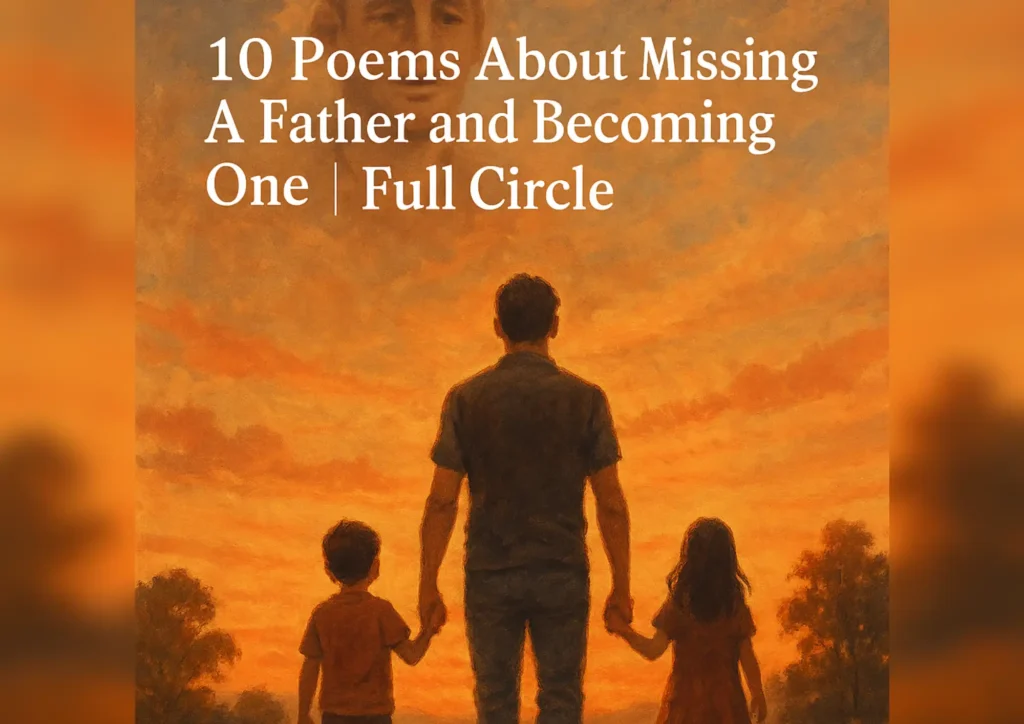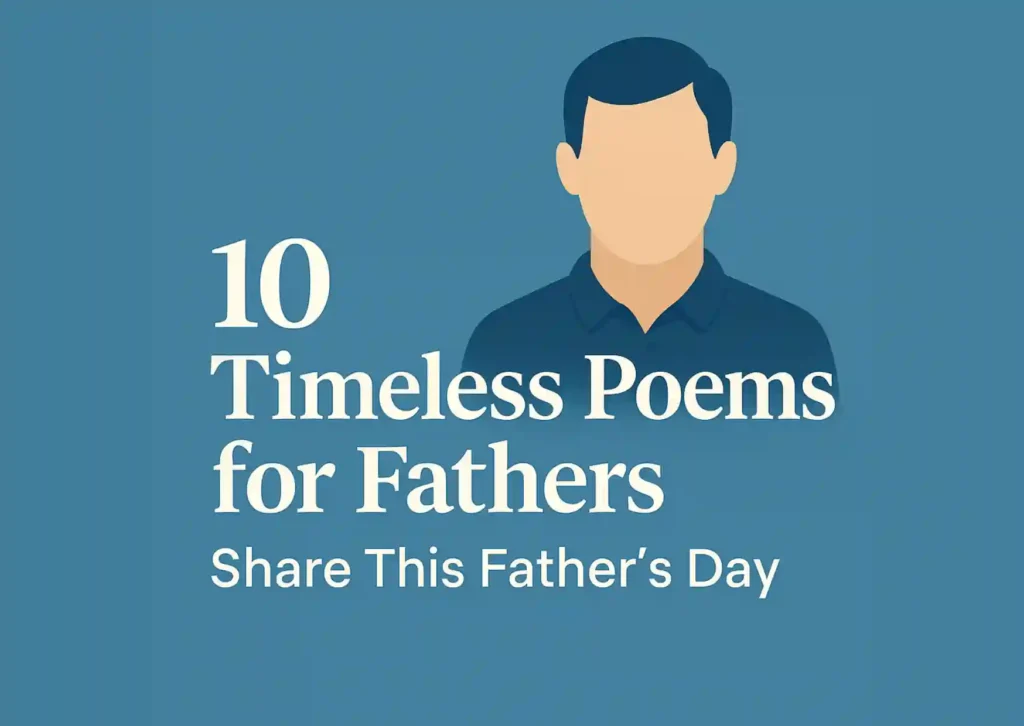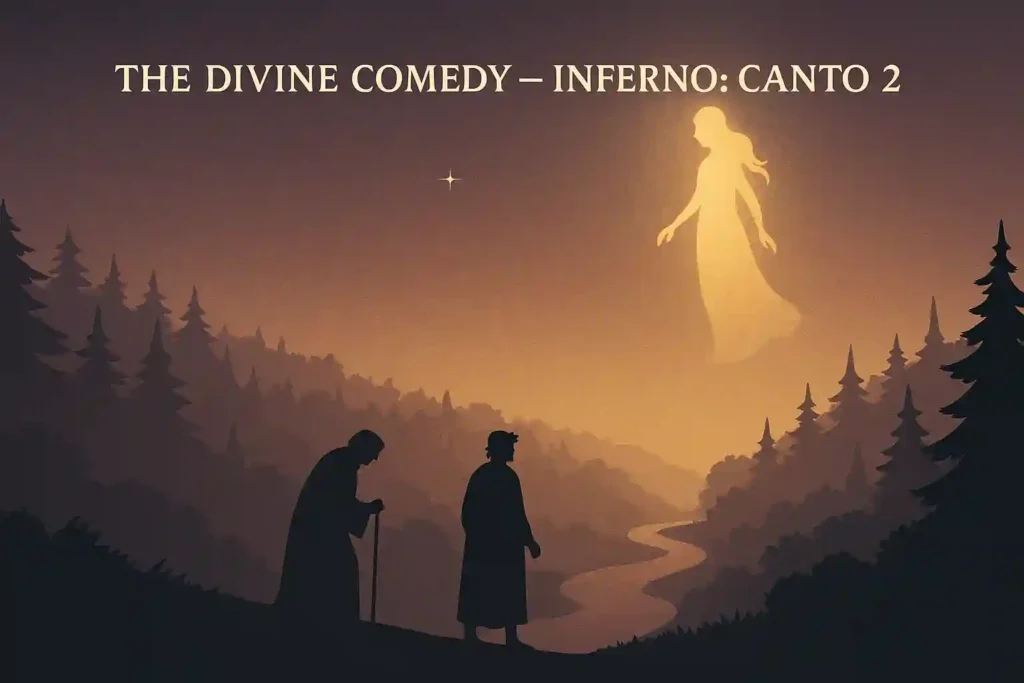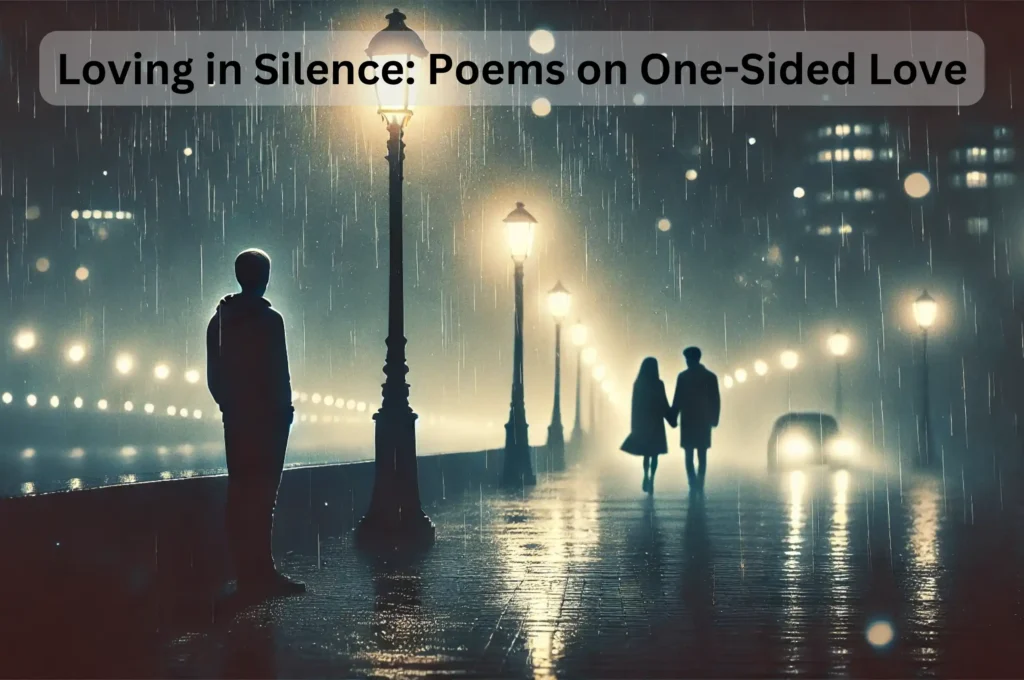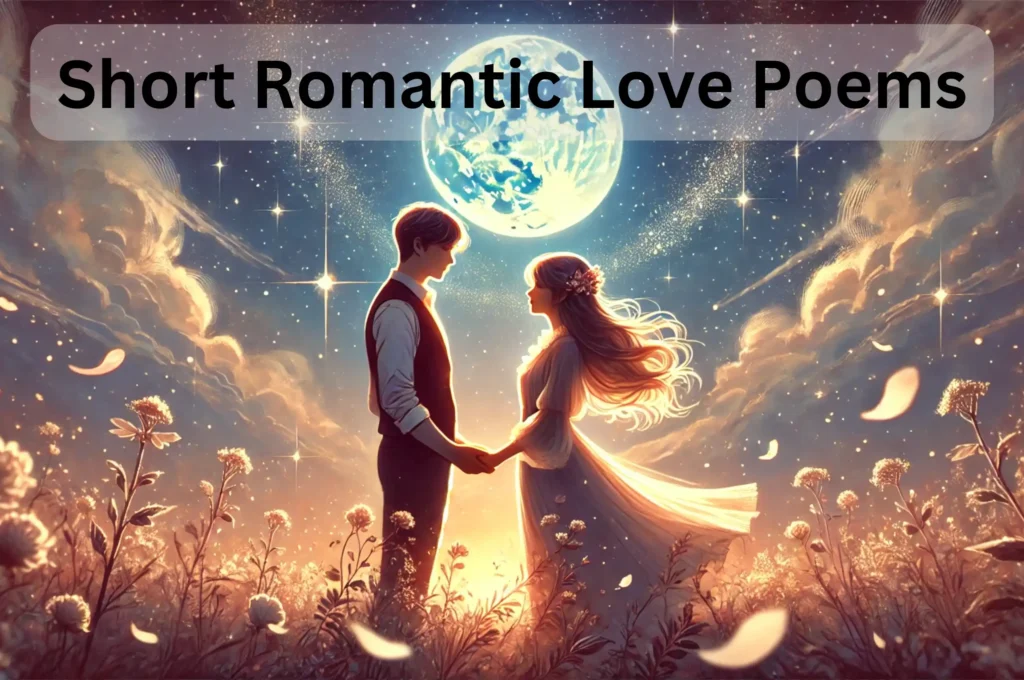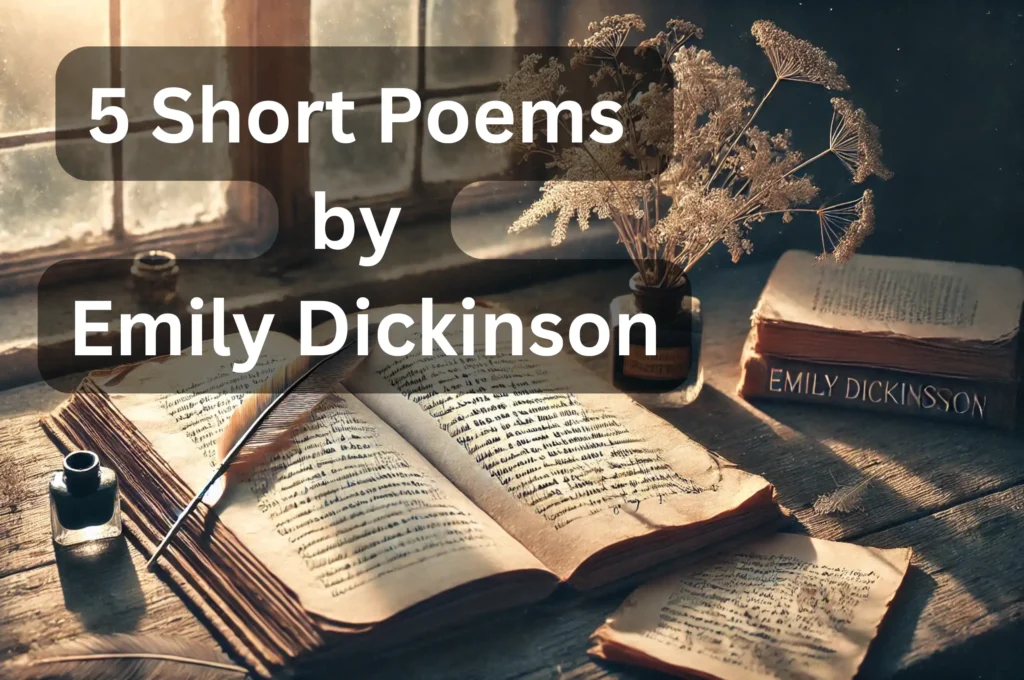Sonnet 1 by William Shakespeare (Shakespeare Sonnet 1 | “From Fairest Creatures We Desire Increase”) serves as an introduction to the collection of 154 sonnets. In Sonnet 1, Shakespeare introduces the central themes that will be explored throughout the series, such as the passage of time, the immortality of beauty through procreation, and the contrast between selfishness and generosity. The speaker urges the youth to overcome his self-centeredness and embrace the responsibility of passing on his beauty and virtues to future generations. Through vivid imagery and poetic language, Shakespeare sets the stage for the exploration of love, beauty, and mortality that will unfold in the subsequent sonnets.
Also Explore: Poems by Bronte Sisters
Also Read: Character of the Happy Warrior
Table of Contents
Shakespeare Sonnet 1 | From Fairest Creatures We Desire Increase
From fairest creatures we desire increase,
~ William Shakespeare
That thereby beauty’s rose might never die,
But as the riper should by time decease,
His tender heir might bear his memory;
But thou, contracted to thine own bright eyes,
Feed’st thy light’s flame with self-substantial fuel,
Making a famine where abundance lies,
Thyself thy foe, to thy sweet self too cruel.
Thou that art now the world’s fresh ornament
And only herald to the gaudy spring,
Within thine own bud buriest thy content,
And, tender churl, mak’st waste in niggarding.
Pity the world, or else this glutton be,
To eat the world’s due, by the grave and thee.
Shakespeare Sonnet 1 Meaning
Sonnet 1 meaning line by line.
From fairest creatures we desire increase,
~ William Shakespeare
That thereby beauty’s rose might never die,
But as the riper should by time decease,
His tender heir might bear his memory;
The sonnet begins with the speaker addressing a universal desire for procreation (“increase”) among the most beautiful individuals (“fairest creatures”). This desire stems from the hope that their beauty will be perpetuated through offspring.
The speaker explains that the purpose of procreation is to ensure that the beauty represented by the “rose” of human beauty does not fade away but continues to thrive through successive generations.
Here, the speaker acknowledges the inevitability of aging and death (“riper should…decease”). Just as a ripened fruit eventually withers and dies, so too do individuals as they grow older.
Despite the mortality of the individual, the speaker suggests that through procreation, a person’s legacy can be carried forward by their “tender heir” (child), who will inherit their qualities and continue their memory.
But thou, contracted to thine own bright eyes,
~ William Shakespeare
Feed’st thy light’s flame with self-substantial fuel,
Making a famine where abundance lies,
Thyself thy foe, to thy sweet self too cruel.
In contrast to the general desire for procreation, the speaker singles out the youth (“thou”) for criticism. The youth is described as being self-absorbed (“contracted to thine own bright eyes”), focused solely on his own appearance and desires.
The youth is accused of being self-sufficient and narcissistic, sustaining his own attractiveness (“light’s flame”) through his own self-centeredness (“self-substantial fuel”).
Despite having the potential for abundance in beauty and virtues, the youth’s self-centeredness creates a scarcity or famine-like condition, wasting his own potential.
The speaker highlights the irony of the youth’s behavior: by being selfish and refusing to procreate, he becomes his own enemy and is unkind to himself.
Thou that art now the world’s fresh ornament
~ William Shakespeare
And only herald to the gaudy spring,
Within thine own bud buriest thy content,
And, tender churl, mak’st waste in niggarding.
The youth is described as a beautiful ornament or decoration (“world’s fresh ornament”) that adds beauty to the world.
He is seen as the only messenger or herald of the vibrant and showy springtime, symbolizing youth, vitality, and new life.
However, instead of embracing his potential and blossoming fully, the youth selfishly confines himself (“within thine own bud”), burying his own happiness and fulfillment (“content”).
The speaker addresses the youth as a “tender churl,” implying that despite his youth and tenderness, he acts like a miser or stingy person (“niggarding”) by hoarding his own qualities and not sharing them with the world.
Pity the world, or else this glutton be,
~ William Shakespeare
To eat the world’s due, by the grave and thee.
In the concluding couplet, the speaker urges the youth to have compassion for the world and overcome his selfishness, or else he will continue to consume (“glutton be”) the world’s due—his beauty and virtues—by not passing them on to future generations.
The sonnet ends with a warning that if the youth does not change his ways, he will not only waste his own potential but also deprive the world of what it rightfully deserves, thus contributing to his own demise (“by the grave and thee”).
Shakespeare Sonnet 1 Analysis
Analysis of Sonnet 1
Sonnet 1 by William Shakespeare serves as an introduction to his collection of sonnets and sets the tone for many of the themes that will be explored throughout the series. Here’s a deeper analysis of the sonnet:
- Theme of Procreation and Immortality: The sonnet begins with a reflection on the universal desire for procreation among beautiful individuals. The speaker suggests that by having children, beauty can be perpetuated and immortalized through successive generations.
- Mortality and Legacy: Despite the desire for immortality through procreation, the speaker acknowledges the inevitability of aging and death. However, the legacy of the individual can live on through their offspring, who inherit their qualities and continue their memory.
- Critique of Selfishness: The speaker then shifts focus to criticize a specific individual, the youth, for being self-centered and narcissistic. This youth is accused of squandering their beauty and potential by not procreating and being focused solely on their own desires and appearance.
- Irony and Contrast: There’s a contrast between the general desire for procreation and the selfishness of the youth. The speaker highlights the irony of the youth’s behavior, where they become their own enemy by not sharing their beauty and virtues with the world.
- Appeal for Change: In the concluding couplet, the speaker urges the youth to have compassion for the world and change their ways. The youth is warned that if they continue to be selfish and refuse to procreate, they will waste their potential and contribute to their own demise.
Overall, Sonnet 1 introduces themes of beauty, mortality, legacy, and the contrast between selflessness and selfishness. It sets the stage for the exploration of these themes and the complexities of human relationships that will unfold in the subsequent sonnets.
List of Poets in Alphabetical Order
कवियों की सूची


